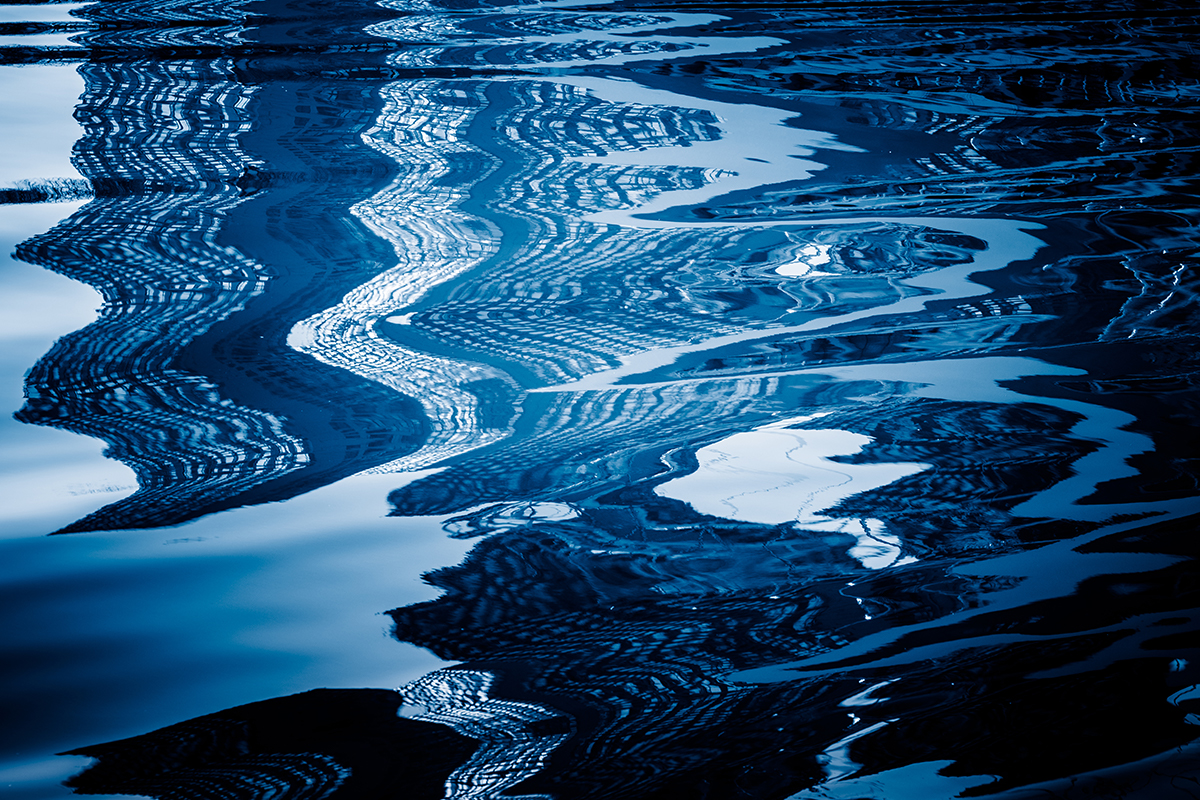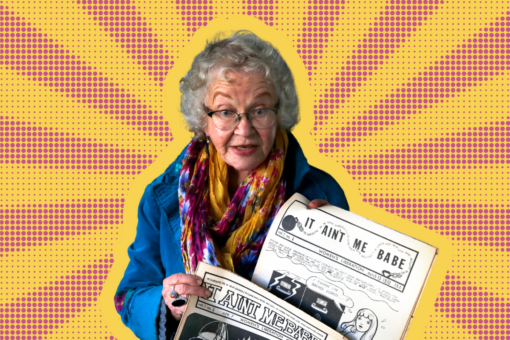There’s a peculiar phrase introduced in the new film Barb and Star Go to Vista Del Mar helmed by the phenomenally talented Kristen Wiig and Annie Mumolo.
Early in the movie, best friends Barb and Star (played by Mumolo and Wiig, respectively) run into an acquaintance freshly returned from a blissful stay at the Vista Del Mar resort town in Florida. Mickey (played by Wendi McLendon-Covey) offers an enthusiastic endorsement: “It’s a soul douche,” she says, igniting the pair’s curiosity and leading them to book a transformative vacation for themselves.
The term soul douche is certainly one I’d never heard before I saw the film. And as the movie rolled on (for the record, it’s a ridiculous romp I absolutely loved), even amidst the laughs, gags, musical numbers, and cameos, “soul douche” was what stuck with me. Had I ever experienced a soul douche of my own? What about a “soul scrub” — was exfoliation more up my internal self’s alley?
I was still thinking about soul douche a few days later on my bi-weekly Zoom call with clergy colleagues of the synagogue we serve in Los Angeles. Gearing up for Purim, the last Jewish holiday we celebrated in-person before L.A. went into pandemic shutdown, we each found ourselves in reflection mode, yearning for the right words, the right ritual, the right something that could capture where we were at — emotionally, spiritually, physically —one hell of a year later.
And then it hit me: This past year has been a soul douche.
Though the word “douche” may make us squirm — or remind us of a certain curly-haired, green-eyed high school classmate who turned out, well, kind of douchey — the technical term speaks to an internal cleansing. And while Wiig and Mumolo’s vision for soul douche probably had much more to do with laughs than with legitimate introspection, I can’t help but realize the depth of that phrase as we struggle to make sense of a completely unprecedented year of loss, rage, fear, grief, and change.
Because really, how do we make sense of it all? How can we reflect on COVID’s impact when its death toll recently passed 500,000 and continues to rise? How can we look back on the countless ways in which our lives have changed amid reports of vaccine line-jumpers, unethical distributions, and potentially fatal virus mutations? How can we pause to remember who we once were while children — and especially mothers — are hurting deeply, aching to return to school, to normalcy, to purpose? How can we feel anything but psychological paralysis when loved ones, dear friends, colleagues, and acquaintances here and healthy one year ago no longer walk beside us?
Well, maybe it begins with an acknowledgment that what we’ve been through is akin to an internal cleansing of the soul.
No matter our individual experiences with COVID over the past 12 months, we’ve each been forced to confront both our own mortality and the reality that one’s health future is at times completely out of their control. All the superficial bullshit that so often clouded our day-to-day existence before COVID — and where to even begin on that list? — has, for most of us, largely faded from view. We’ve been stuck in an endless loop of messages reminding us just how fragile this whole experiment called humanity can be. For 12 often excruciating months the pursuit of survival — getting ourselves and perhaps our families through each passing day, safely — has dominated our existence.
It’s impossible to look back on all that and not wonder how we’ve been transformed from within.
There is a traditional Jewish practice of visiting the mikveh, a ritual bath, in sync with one’s menstrual cycle, among other life moments. Progressive Jews like me have proudly expanded mikveh to become a space of healing, inclusion, and new beginnings. As a rabbi, I’ve accompanied countless folks over the years toward those sacred waters, and I’ve personally immersed dozens of times to honor occasions both painful and joyous. Where my young mind once saw the mikveh as a place of patriarchal control, time and age have softened that view. Today I see it as deeply powerful; its waters are a source of spiritual rebirth for our physical bodies and souls, no matter how we affiliate.
Jews are profoundly aware of time. We mark occasions, anniversaries, holidays, and yarzheits (the date of a loved one’s death) with a desire to remember and reflect. As we consider how and where we’ll mark one year since this pandemic altered the lives of everyday Americans, perhaps what we seek is affirmation of what’s already taken place: these inner and outer transformations — cleansings — we’ve already endured.
Water. One year ago, water (and soap) became the most critical medium through which to fight this virus. Just before quarantine began, before mask mandates and the adoption of social distancing, a colleague handed me Wash Your Hands by the extraordinary poet and healer Dori Midnight. This line has stuck with me ever since:
it is time
to care for one another
to pray over water
to wash away fear
every time we wash our hands.
We are not the people we once were before COVID. We have changed. Our souls, our internal beings, have been transformed. When we think about all we’ve lost — and all we’ve gained — we can imagine ourselves wrapping memories both beautiful and excruciating around us like a healing blanket. We can affirm, recognize, and bear witness to the push and pull of all that’s taken place since we first learned this virus’ power. We can visit a mikveh, or the nearest body of water, to immerse and release, reflecting externally what’s already taken place within us.
Only when we pause, remember, and reflect can we truly look ahead to the future. And may that future — for all of us — be brighter, bolder, filled with promise. And maybe even a transformative, life-affirming vacation with our closest friend, too.



